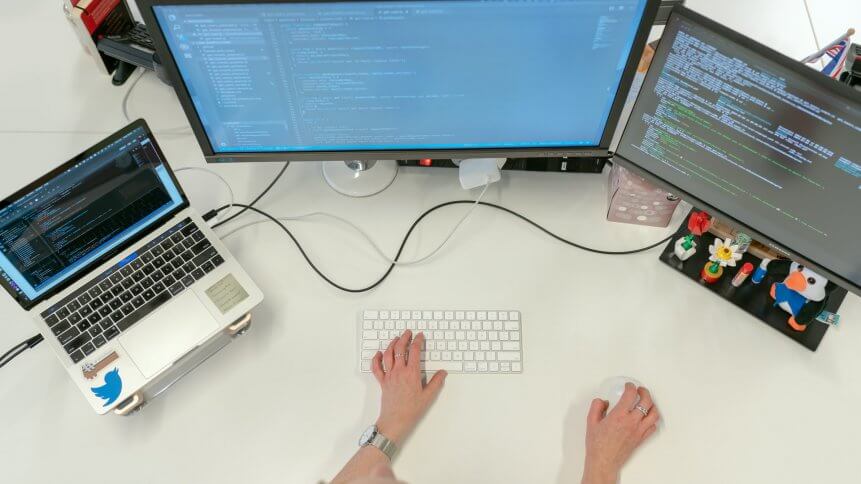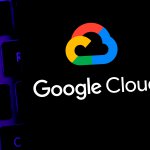Cloud democracy – cloud-based apps in a post-pandemic world

- Not just for IT strategy, cloud-based apps are also important as part of a broader plan to make retail and consumer packaged goods firms more resilient and agile
- Businesses need to reframe the conversations around the cloud from traditional monolithic ERPs to a more democratized cloud environment
The lockdown and remote working necessitated by the Covid-19 pandemic were an unexpected reality check for organizations of all sizes. Industries like travel and hospitality went bust while many businesses experienced survival challenges. For the organizations that were not cloud-first, the pandemic revealed a glaring reality: the need to embrace the cloud as a necessity rather than viewing it as an option. In a world of post-pandemic digitalization, companies will be looking to chart a new path to success with the cloud.
Looking back, many businesses struggled to survive the disruption brought by the pandemic, however, the consumer packaged goods (CPG) and retail sectors prompt responses to digital transformation such as embracing e-commerce and alternative shopping experiences, allowed their businesses to stay afloat and strong. From keeping the supply chain, managing last-mile and contactless delivery during lockdowns, to ensuring the well-being of employees and customers, the acceleration in these two sectors is possibly the fastest since the e-commerce boom of the early 2000s.
The particular technology that powered most business responses was the cloud. In fact, a recent IDG Cloud Computing Survey suggests that with 81% of organizations already using cloud computing or having applications in the cloud, the age of the cloud is well and truly arrived. Last year’s growth was proof, where the cloud services market expenditure for full-year 2020 grew to US$142 billion, up 33% from US$107 billion in 2019.
Experts reckon that businesses need to reframe the conversations around the cloud from traditional monolithic enterprise resource planning (ERP) to a more democratized cloud environment where cloud apps can help organizations be more agile in a post-pandemic world.
The value cloud apps carry in a post-pandemic world
ERPs such as SAP and Oracle will succeed in the cloud era owing to the investments companies make in customizing an ERP solution. According to Fortune India, “while ERP monoliths continue to service, the internal organizations’ cloud apps become a necessary choice to bring agility in external collaboration.” There are standardized, value-added capabilities that native cloud apps bring to the CPG/retail industry.
YOU MIGHT LIKE

What’s the risk of becoming too cloud-dependent?
The specific functional value that cloud apps offer is they are often modular, allowing for deployment scalability and flexibility at the click of a button. For example, a cloud-based CRM solution can be scaled-up based on seasonality, sales trends — without any system downtime, retraining, or fixed overheads. Secondly, as individual data and privacy concerns take center stage, companies want cloud-based solutions that can provide secured data access while complying with regulatory requirements.
The third value-added capability is that cloud apps come with a front-end interface and are designed to be used on-the-go on different devices by users who may not be familiar with the technology. Using principles of design thinking to build highly intuitive UX/UI makes them very appealing.
Hurdles to the effective usage of cloud-based apps
Inevitably, given how cloud apps are still evolving, they come with their share of pitfalls that IT decision-makers need to factor in. Among these are increased operational and administrative complexity of utilizing the multiple cloud app vendors a business has to deal with. This translates to multiple contracts and licensing with different application vendors, and other administrative work that adds to operational complexity.
Then there are the skills gaps, since the multiple platforms along with the support/maintenance functions require additional, specialized skills. Fortunately, the gig economy provides access to niche skills that can be tapped on-demand. Another concern to consider is the change of management since business processes need to be aligned with the out-of-the-box best practices. While standardization brings its associated benefits, organizations need to find effective ways of implementing their unique differentiators in the cloud environment.









